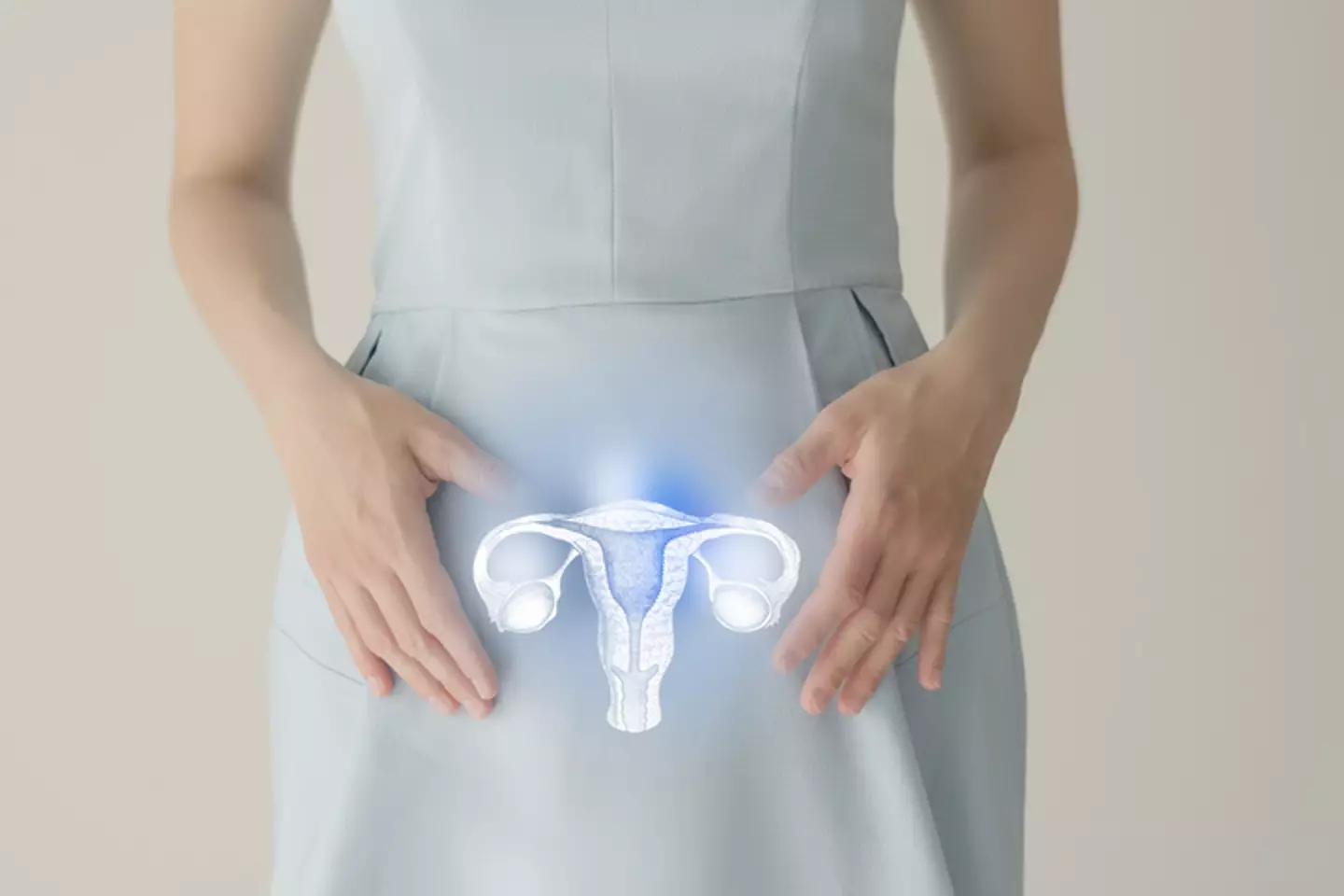
A new study from Columbia University has highlighted an alarming prediction about one of the most common gynaecological cancers with a potential indirect link to highly-processed food.
The research has made a worrying projection, with uterine cancer (also called womb cancer) expected to rise by up to 53 per cent by 2050.
Uterine cancer can develop in everyone who has a womb, with the NHS website stating that it's more common among those who have been through menopause. The NHS also suggests that this type of cancer usually starts in the lining of the womb, known as endometrium—it's then called endometrial cancer—and can spread to other tissue.
Symptoms vary but can include vaginal bleeding in between periods or after menopause, a change in vaginal discharge, a lump or swelling in your tummy or pelvis, back pain, pain during sex, and a change in the frequency of urination and defecation.
Advert
The researchers at Columbia found that womb cancer can go up in those aged 18-84 by between 83 and 98 percent over the next 25 years.

While this data is already concerning, the study also highlighted a stark ethnic difference in the groups that are more likely to develop this type of cancer.
The study has forecast cases of womb cancer will increase by 28.6 per cent in white women and 53 per cent in black women. Deaths from uterine cancer among black women will increase by 97.9 percent, compared to 83.6 percent in white women.
According to scientists, the staggering difference may be connected to black women tending to develop more aggressive types of uterine cancer, and face longer delays in treatment and diagnosis.
Though this sounds especially worrying, the study's lead author Dr Jason D Wright has explained that the predictions don't take into account future preventions, treatments or cures for uterine cancers that could decrease its death rate.

Some changes to one's lifestyle could help prevent uterine cancer, according to Cancer Research UK. While a 2024 article warns to take 'big statement about ultra-processed foods with a pinch of salt,' it also confirms a link between obesity and cancer.
"Overall, it’s very hard to prove direct links between specific foods and health outcomes. That’s because we don't just eat one type of food. Our diets are made up of many different things, so it's hard to determine how a certain food or ingredient is impacting our health," the article reads.
"Even if we can’t find direct links, that doesn't mean there couldn't be an indirect link. As mentioned earlier, ultra-processed foods are often high in salt, sugar and saturated fats. Eating too much of those ingredients can lead to weight gain. We know for sure that being overweight and obese increases the risk of 13 different types of cancer."
Topics: Women's Health, Health, Cancer
